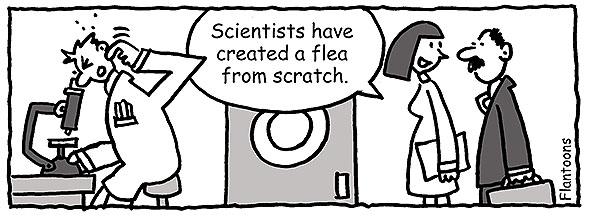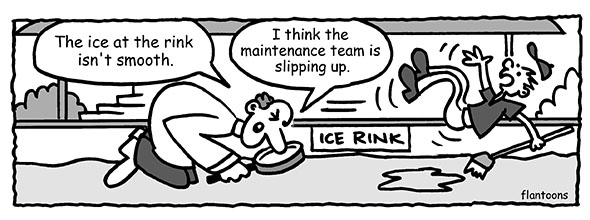
Today's set of idioms are related to beauty or appearance. We're sure you will find them useful when describing people you know, or when talking about fashion or style in general :)
1. cut a dash - to make a striking impression by having a very positive appearance and wearing attractive clothes.
E.g. My dad cut a dash at my cousin's wedding last summer. He looked very elegant!
2. deck out - to dress or decorate something/someone in a special way.
Here are some idiomatic expressions you can use when talking about lifestyle or way of life. After you read the sentences, see if you can match each idiom with the definition.
1. Sally continued to keep up appearances even when she was broke and unemployed.
2. Most people in this city live from hand to mouth. They can't really afford to go on holiday.
3. Despite the increase in cost of living and having a part-time job, he is still living beyond his means.
Even if you are not a football fan, you have probably heard that Uruguay’s Luis Suarez is in big trouble for biting a player during a World Cup game.
The present tense verb is bite:
Do you want a bite of my apple?
The simple past tense is bit:
The dog bit my foot.
The past participle is bitten:
Have you ever been bitten by Luis Suarez?
Get rid of; remove; put an end to
I wish we could do away with poverty.
To do something again from the beginning.
I need to do over the bedroom. My wife doesn't like the colour of the walls I just painted.
To fasten something (usually clothes)
Do up your shoelaces or you might fall.
To succeed in living or working without someone or something.

This month's cartoon is based on the word scratch.
Scratch (verb)
to rub your skin with your fingernails, often when your skin is itching. In the picture, the scientist is scratching his neck.
"She scratched her nose."
"My back is itching. Can you scratch it for me?"
Up is a small word with a wide use in English. Today we look at phrasal verbs and collocations that feature it.
All can be an adverb, preposition, adjective noun and verb. Read through this text and choose the correct missing words.

This cartoon is based on the double meaning of slip.
Slip as a verb means to lose balance and perhaps fall, especially on a slippery surface like ice.
"Be careful of the ice. You might slip."
"She slipped on the wet floor and broke her ankle."
To argue and disagree with someone.
"She left the company after falling out with her boss."
For a plan or agreement to fail.
"John agreed to sell his car to Tom but the deal fell through. Now John needs to find a new buyer."
Dark is an adjective which is the opposite of bright. Dark things have very little light. In idioms, dark often refers to mystery.
Let's take a look at these four common dark idioms.
When you are in the dark about a situation, you do not know anything about it. You are uninformed about it. When we keep someone in the dark about something, we do not tell them something or keep a secret from them.
A phrasal verb is a combination of two or more words, usually a verb and preposition, which acts as one word.
The meaning of the phrasal verb is different to the meaning of the words when separated. For example, to "get away" means to go on holiday, which is different from the meaning of the word "get"on its own.
Phrasal verbs are common in both spoken and written English, so we should practise them as often as possible.